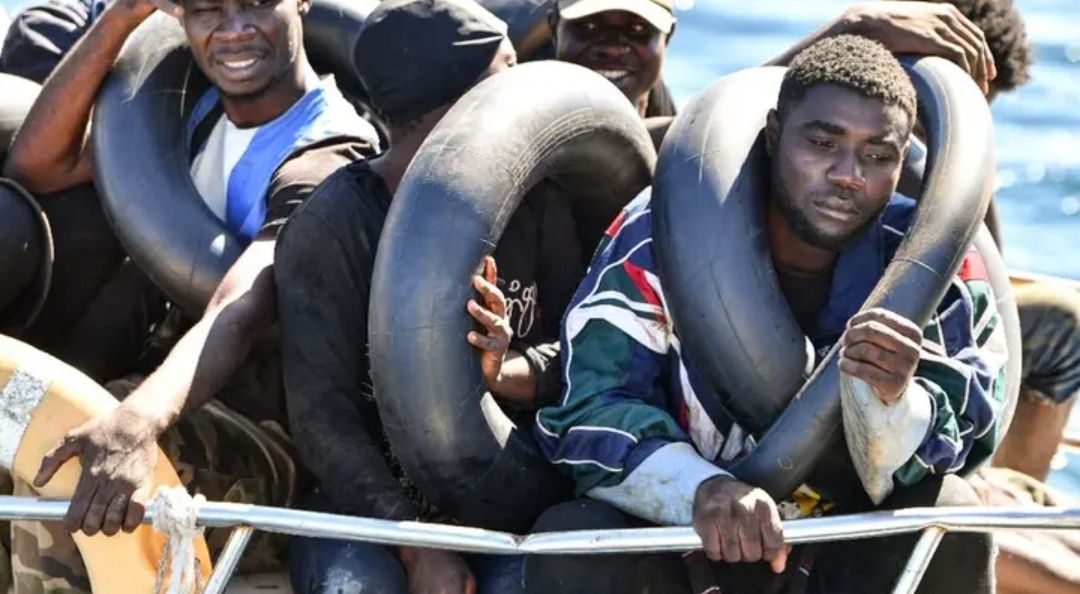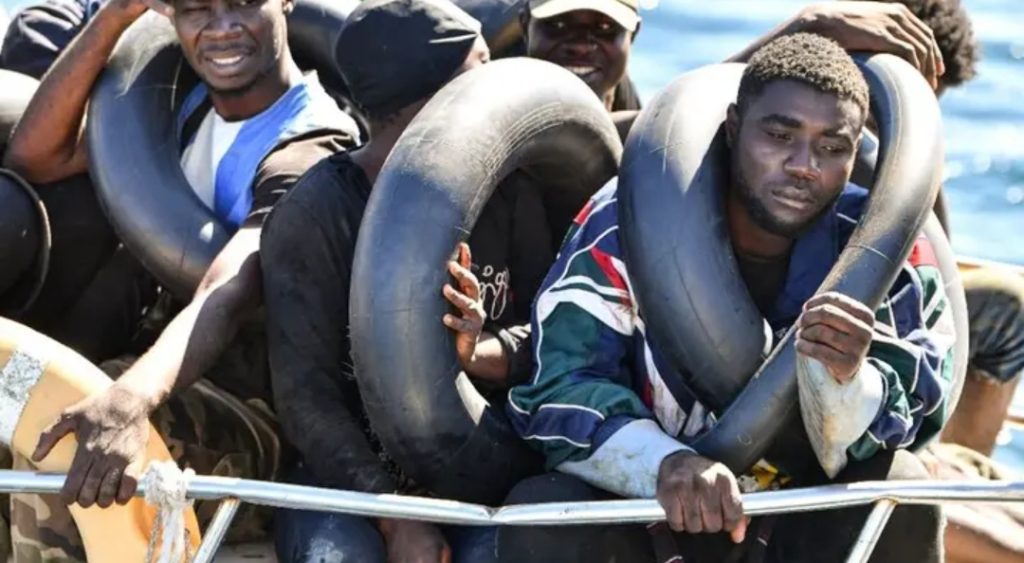
It came to light on Wednesday, October 11, 2023, that the United Nations (UN) is still sending hundreds of refugees to Rwanda, despite asserting to the UK that the country is too perilous for Channel migrants, as reported by The Daily Mail.
The UN’s High Commissioner for Refugees (UNHCR) has been embroiled in a legal battle with the UK over the Rwanda asylum deal, contending that Rwanda is an unsafe destination that could deprive migrants of their fundamental human rights.

However, data obtained by the Daily Mail reveals a contradiction within the UN’s actions, as it has dispatched 1,737 refugees to Rwanda since 2019, including 134 in 2023, as part of its flagship emergency transit mechanism.
The emergency transit mechanism, a voluntary scheme, has transported migrants from various countries, including Eritrea, Sudan, Somalia, Ethiopia, Nigeria, Chad, Cameroon, Guinea, and Mali, to Rwanda.
This approach is markedly different from the UK’s policy, where the destination is not of the migrant’s choosing, but rather, a location mandated by the government.
This discrepancy raises questions about the UNHCR’s position on the safety of Rwanda for refugees, especially given its active participation in sending refugees to the very country it criticizes.
Rwanda’s leaders, in a statement on Thursday, October 12, 2023, expressed their eagerness to collaborate with the UK on refugee-related matters.
They also voiced their surprise and disappointment at the apparent hypocrisy demonstrated by the UNHCR.
This situation places the UNHCR in a somewhat contradictory position, as it questions the safety of refugees in Rwanda while simultaneously endorsing a program that sends refugees to this nation.
This case underlines the complexity and nuances of refugee resettlement and the role of international organizations like the UNHCR.
While concerns about the safety and human rights of refugees are of paramount importance, the UNHCR’s actions, in this instance, appear to be at odds with its stated principles.
It is essential to recognize that refugee issues are multifaceted, and solutions must balance humanitarian concerns with political and logistical challenges.
The apparent contradiction in the UNHCR’s stance on Rwanda raises questions about the organization’s consistency in applying its principles and guidelines.
The UN’s continued dispatch of refugees to Rwanda, despite its expressed concerns about the safety of this destination, has drawn attention to the complexities and contradictions that can arise in the realm of refugee resettlement.
It is crucial for international organizations, governments, and stakeholders to maintain transparency, consistency, and collaboration when addressing the challenging issue of refugee protection and resettlement.




